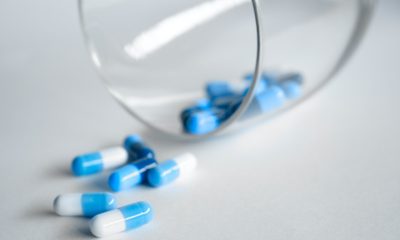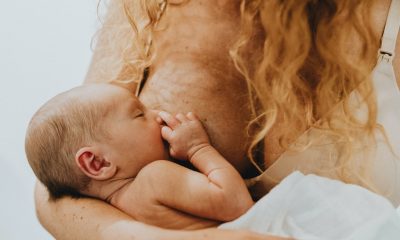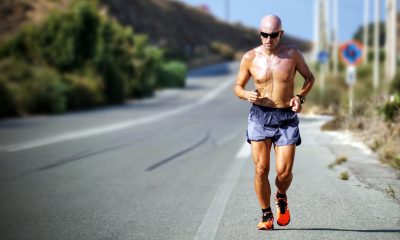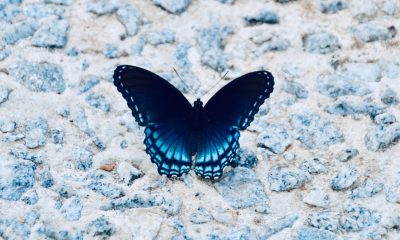Plastic particles found in food, air could be passed to unborn babies: study
“These tiny fragments, called micro-nano-plastics, are found in human lungs, placentas and blood, raising human health concerns."
Stories and infographics by ‘Talker Research’ are available to download & ready to use. Stories and videos by ‘Talker News’ are managed by SWNS. To license content for editorial or commercial use and to see the full scope of SWNS content, please email [email protected] or submit an inquiry via our contact form.

 Parenting1 week ago
Parenting1 week agoSingle mom details struggles of feeding her 12 kids

 Lifestyle6 days ago
Lifestyle6 days agoWoman regrets her tattoo nightmare: ‘It’s horrendous’

 Good News3 days ago
Good News3 days agoDisabled student takes first steps in 10 years on graduation stage

 Health3 days ago
Health3 days agoNew study reveals ‘old age’ begins later than it used to

 Wildlife2 days ago
Wildlife2 days agoClever elephant returns visitor’s shoe after falling into enclosure

 Broadcast1 week ago
Broadcast1 week agoHow hard is it for Americans to live sustainably?

 Environment1 week ago
Environment1 week agoHow hard is it for Americans to live sustainably?

 Work1 day ago
Work1 day agoHow much does your workspace affect productivity?























